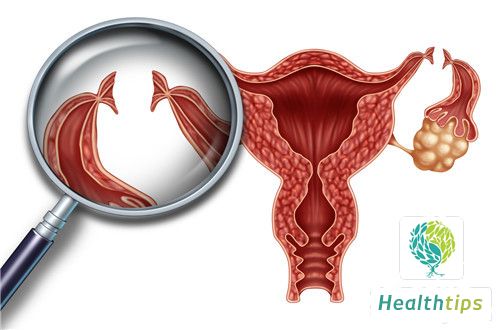Why Do Polyps Develop in the Stomach?
The occurrence of gastritis, bile reflux, long-term use of proton pump inhibitors, etc., can lead to the emergence of gastric polyps. Patients with small gastric polyps may not experience any obvious symptoms of discomfort, while larger gastric polyps may cause abdominal pain, bloating, nausea, vomiting, and other adverse reactions. If these symptoms appear, it is important to promptly visit the hospital for examination and initiate treatment as early as possible.

1. Chronic gastritis
Chronic gastritis can lead to the formation of gastric polyps. This is because inflammatory stimulation can easily exacerbate gastric mucosal damage. Over time, gastric epithelial cells may undergo excessive proliferation, leading to the formation of polyps.
2. Long-term use of proton pump inhibitors
Proton pump inhibitors have the effect of suppressing gastric acid production. Prolonged use can cause the stomach to be in a low-acid state. If not adjusted in time, it may lead to gastric lesions, such as gastric polyps or polyps at the fundus of the stomach.
3. Bile reflux
Bile reflux can also cause gastric polyps. The main reason is that bile reflux into the stomach can easily cause inflammatory reactions in the gastric mucosa, thereby disrupting the acidic environment of the stomach and increasing the risk of gastric polyps.
4. Atrophic gastritis
Atrophic gastritis is mainly caused by abnormal proliferation of gastric mucosal epithelial cells. If not treated in time, it may induce the formation of gastric polyps.



















